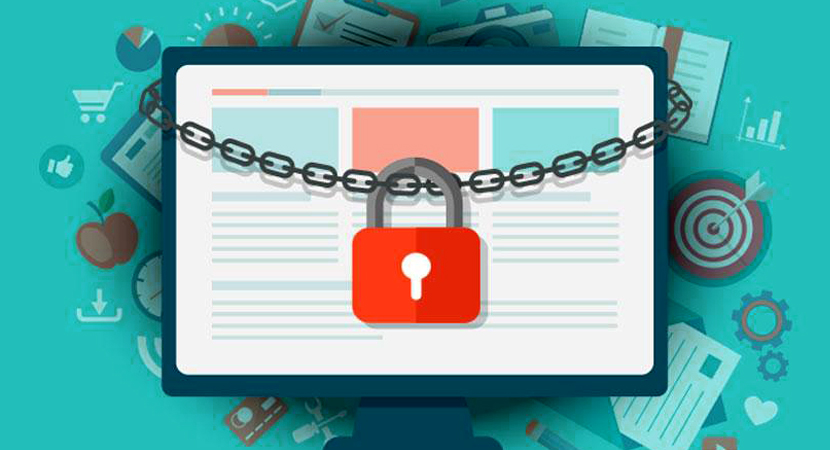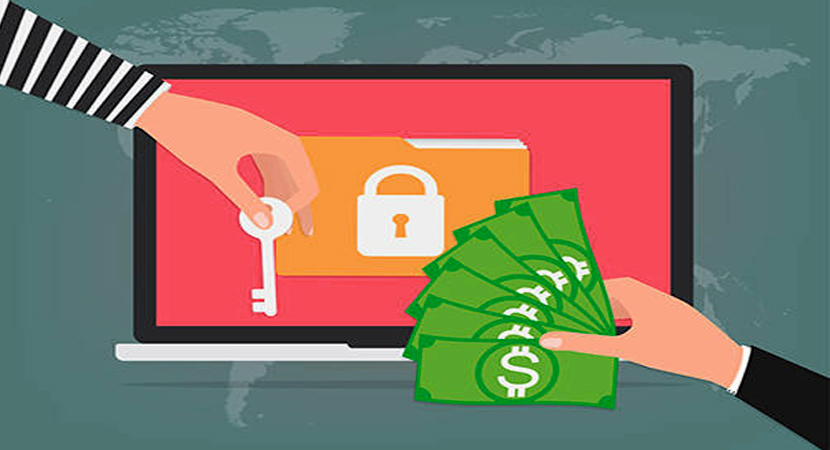Cyber Security firm Avast said there was around 75,000 cases of the ransomware attack. It is famous with the name WannaCry and variations of it. It is spreading around the globe very quickly. There are reports of virus attacks in 99 nations, including Russia and China.
Moreover, Computer viruses are little software that spread from one PC to another and corrupt the PC operation. A computer infection may erase information from your PC. It can utilize your email program to spread itself to different PCs, or even eradicate everything on your hard disk. In any case, these viruses save as attachments of amusing pictures, welcoming cards, or sound and video records. In fact, they are covering up in unlawful programming or different files you may download. There might be different sorts of PC viruses. Ransomware is one of them.
What Is Ransomware Attack?
Ransomware prevents you from utilizing your PC. It holds your PC or records for ransom. A few variants of ransomware are called “FBI Moneypak” or the “FBI virus” since they utilize the FBI’s logos.
What Ransomware Can Do?
It can,
- Prevent you from getting access to Windows.
- Encrypt files so you can’t utilize them.
- Stop certain applications from running (like your web program).
They will request that you do something to access your PC or documents. We have seen them:
- Demand you pay cash.
- Make you finish surveys.
Ransomware Examples:
Cryptowall 4.0 Virus:
CryptoWall 4.0 uses latest technology to encode essential documents. It makes a request to pay the ransome in return for the uncommon decoding key. If you would prefer not to lose your cash, you should not pay it. As there are a huge number of individuals who lost everything after sending their cash to programmers. Also, this new form of CryptoWall can barely identify by anti-virus programs. It can even avoid detection by the second generation endeavor firewall solutions.
helpme@freespeechmail.org virus:
It is one of the more offensive sorts of malware that you can run over. It can truly get the anxiety levels rising if you have been sufficiently unfortunate to have succumbed to it. Likewise with so many of alternate sorts of malware, the sign is in the name with regards to seeing exactly what it is that helpme@freespeechmail.org ransom virus can do. If you have been attacked, the program will steal your records and projects and hold them to ransom. It does this by assaulting your operating system and after that encrypting the information on your PC so that everything is rendered out of reach.
.ccc record virus:
CCC stands for Catalyst Control Center. It’s a piece of your ATI video card driver bundle. To be more particular, it’s a piece of the utilities packaged alongside the drivers, and includes highlights like modifying your display, or setting hotkeys for various display profiles. As long as the ccc.exe utility is introduced into your Program Files\ATI Technology catalog, it’s a genuine procedure that can be allowed to sit unbothered.
Crypt0L0cker Virus:
Crypt0L0cker is a Trojan ransomware program. It focuses on all targets of Windows including Windows XP, Windows Vista, Windows 7, and Windows 8. This attack is striking because of how it encrypts the client’s records. Moreover, It utilizes AES-265 and RSA encryption technique – keeping in mind the end goal to guarantee that the influenced client must choose the option to buy the private key. When Crypt0L0cker ransomware is first introduced on your PC it will make an irregular named executable in the %AppData% or %LocalAppData% directory. Furthermore, This executable will be launched and start to scan all the drive letters on your PC for data documents to encrypt.
WannaCry Virus:
Wanna Cry or Wanna Decryptor is an extraordinary ransomeware program that bolts all information on a PC and leaves the client with just two records: directions on what to do next and the Wanna Decryptor program itself. At the point when the program is opened it tells PC clients that their documents have been encryted, and gives them a couple days to pay up, warning that their records will generally be erased. It requests to pay in Bitcoin, gives guidelines on how to get it, and gives a Bitcoin address to send it to.
In fact, the “WannaCry” ransomware seems to have utilized an error in Microsoft’s program, found by the National Security Agency and spilled by programmers, to spread quickly across systems blocking documents. However, Ransomware which requests to pay after an attack, has turned into a rising trend among programmers searching for a snappy payout.
How to Avoid Ransomware:
You can find a way to get rid of ransomware by keeping your antivirus program refreshed and guaranteeing that it checks your PC regularly for any new virus attacks and malware. It is a smart thought to ensure that your antivirus program incorporates anti-spyware and anti-adware applications; nonetheless, anti-ransomware is not required. Furthermore, you ought to utilize a firewall, arrange your program security settings, utilize the latest updates, and empower your pop-up blocker. As a result, always keep a backup your documents with an external storage, for example, an outside hard drive.




Reply